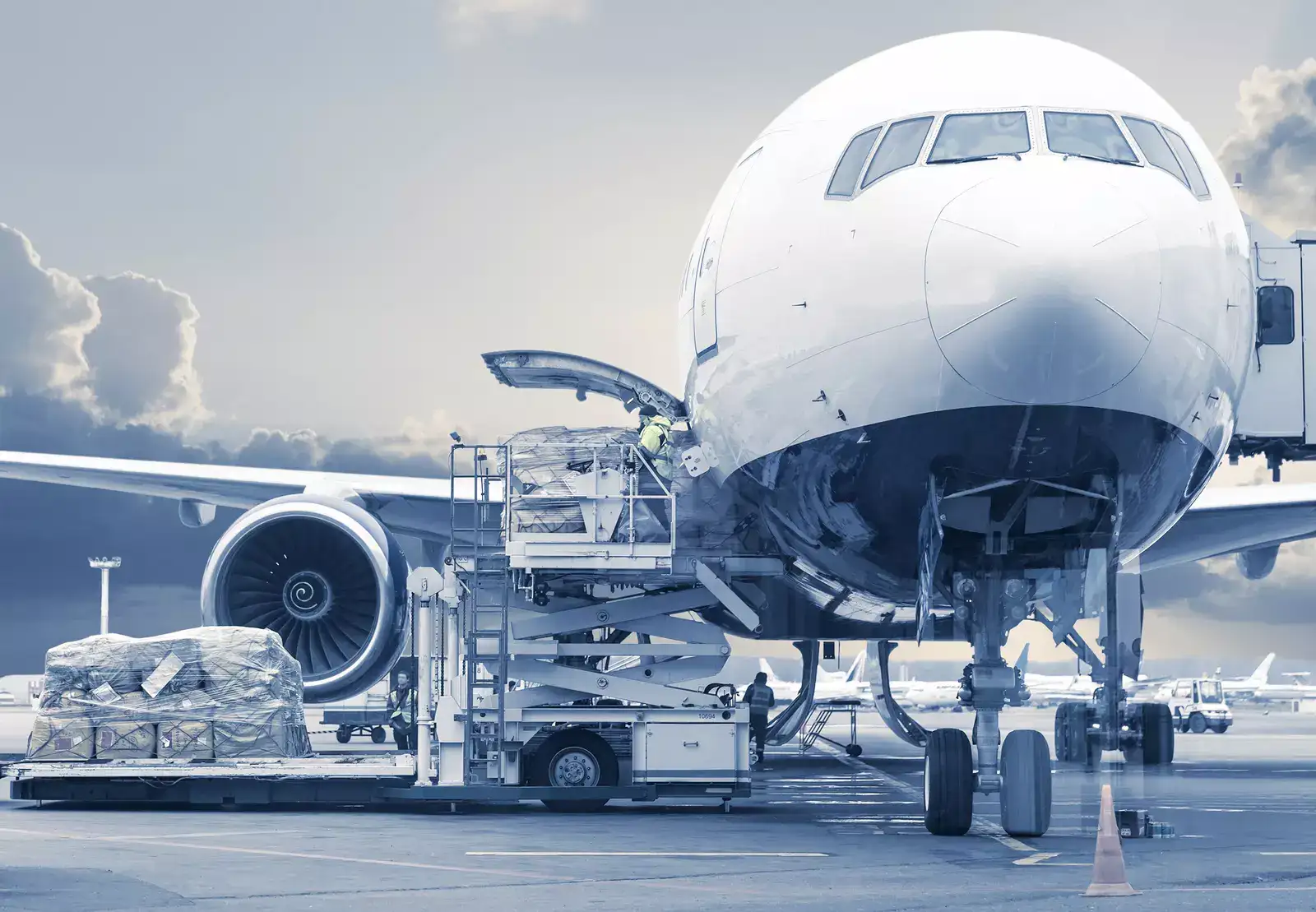Souvislosti s udržitelným leteckým palivem
Udržitelné letecké palivo (SAF) si získala pozornost jako potenciální řešení pro snížení emisí uhlíku spojených s leteckou dopravou. Podle Mezinárodní asociace leteckých dopravců (IATA) se očekává, že produkce SAF se do roku 2025 zdvojnásobí a dosáhne 2 milionů tun. Tento nárůst však stále představuje pouhých 0,71 TP3T z celkové spotřeby paliva v leteckém průmyslu. Navzdory povzbudivému nárůstu výroby přetrvávají významné překážky, které ohrožují celkovou účinnost a přijetí SAF.
Obavy ohledně nákladů a politiky
Jedním z naléhavých problémů jsou vysoké náklady spojené s SAF, zejména v regionech, jako je Evropa, způsobené poplatky za dodržování předpisů. Letecké společnosti se údajně potýkají s náklady, které jsou pětkrát vyšší než náklady na tradiční letecké palivo, aby splnily nové regulační cíle. Willie Walsh, generální ředitel IATA, zdůraznil, že i po předpokládaném zvýšení výroby by odvětví celosvětově vznikly dodatečné náklady na palivo v odhadované výši 4,4 miliardy USD. To poukazuje na kritickou potřebu zvýšení nákladové efektivity a politických reforem.
Dopad regulačních mandátů
Regulace prosazené v lednu 2025 nechtěně výrazně zvýšily ceny SAF. Letecké společnosti se potýkají s finančními důsledky a bojují s rostoucími náklady na dodržování předpisů. Z pozorování vyplývá, že téměř 1,7 miliardy USD z poplatků za dodržování předpisů mohlo být místo toho investováno do iniciativ, které by snížily emise uhlíku přibližně o 3,5 milionu tun. Walsh poukázal na to, že bez odpovídajících tržních podmínek a ochranných opatření může zavedení mandátů vést k neopodstatněnému stanovení cen, které podkopává úsilí o dekarbonizaci.
Globální iniciativy na podporu SAF
V rámci boje proti těmto překážkám zavedla IATA několik iniciativ, jejichž cílem je podpořit vývoj globálního trhu. Patří mezi ně registr SAF zřízený v rámci Organizace pro dekarbonizaci civilního letectví (CADO) a program SAF Matchmaker, který má propojit kupující s dodavateli na trhu SAF. Organizace také vyzývá vlády, aby přesměrovaly dotace z fosilních paliv a začlenily SAF do širších energetických politik.
Poučení z Indie
Výjimečná politika je patrná v Indii, která je třetím největším spotřebitelem ropy na světě a která si stanovila cíl přimíchávat do roku 2028 2% SAF pro mezinárodní lety. Ve spolupráci s klíčovými průmyslovými partnery, jako jsou ISMA a Praj Industries, se IATA snaží navigovat indické aspirace v oblasti biopaliv a zároveň je sladit s globálními standardy. Toto společné úsilí by mohlo sloužit jako potenciální vzor pro další země, aby zvýšily svůj příspěvek k udržitelným leteckým palivům.
Výhody SAF
- Dopad na životní prostředí: SAF výrazně snižuje emise skleníkových plynů ve srovnání s konvenčními palivy.
- Globální spolupráce: Společné úsilí může sjednotit agendu biopaliv napříč státy.
- Inovace a růst trhu: Iniciativy SAF mohou podnítit další inovace a služby v leteckém průmyslu, což může přilákat investice a podpořit tvorbu pracovních míst.
Závěr a důsledky pro cestování
Zdvojnásobení produkce SAF je sice slibné, ale pro plné využití jeho potenciálu je nezbytné řešit politické a nákladové problémy. Letecký trh je úzce propojen s odvětvím cestovního ruchu a zlepšení v oblasti zavádění udržitelných paliv by mohlo mít kaskádový efekt na transfery v cestovním ruchu a cestovní ruch jako celek. Pro cestující, kteří hledají ekologicky ohleduplné možnosti dopravy, je využití služeb, jako je např. LocalsRide.com může zlepšit zážitek tím, že uživatelům umožní vybrat si vozidla, která upřednostňují udržitelnost.
Význam udržitelného leteckého paliva nelze přeceňovat. Je nejen náhradou paliva, ale i majákem pro ekologičtější budoucnost cestování. Osobní zkušenost však nelze zachytit pouze prostřednictvím recenzí. Půjčovny, jako je LocalsRide, poskytují uživatelům možnost pronajmout si vozidla s kvalifikovanými řidiči za konkurenceschopné ceny, což zajišťuje informovaná rozhodnutí bez potíží s nadměrnými výdaji. Díky možnosti výběru z různých variant vozidel můžete cestovat snadno a cenově dostupně. Rezervujte si jízdu s LocalsRide.com dnes!
Růst výroby udržitelného leteckého paliva odráží snahu průmyslu inovovat a reagovat na ekologické výzvy. Pro udržitelný přechod je zásadní závazek, který vyžadují jak tvůrci politik, tak letecké společnosti a cestující, a platformy jako LocalsRide.com přinášejí transparentnost a pohodlí a slouží jako důvěryhodný partner pro cestující, kteří hledají individuální transfery, výlety a dodávky.

